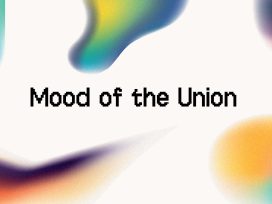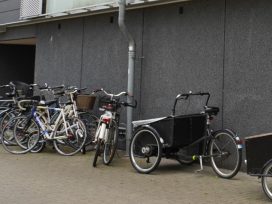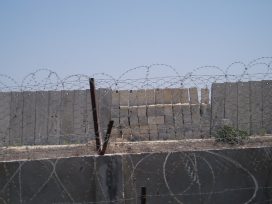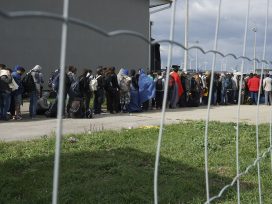17 articles

Borders define. Conventionally, they seem demarcated, set. But the political situations in nation states and regional unions often bring the jurisdiction of borders into question. There are states determined to acquire more land. And those pushing to restrict legal entry. Forced migration, caused by environmental crises, war and poverty, has become a particularly keen topic for inhospitable hosts, focusing on both exclusion and expansionist solutions.
An interdisciplinary team of researchers at the University of Graz calls this phenomenon ‘Elastic Borders’: ‘Thinking of borders as elastic offers new avenues to understanding not only how state borders stretch and retract, but also how they create fields of stress and violations in the processes of extension and retraction.’ With contributions from the NOMIS foundation-funded research project and Eurozine partner journals, articles in this focal point range from contemporary field work on contentious border practices in Greece, Spain and Tunisia to the legal and technological enactment of elastic borders.


From getaway destination to point of entry, the EU’s southernmost territories attract plenty of ongoing arrivals. Migrant containment policies, outlining stringent confinement and processing, would see newcomers restricted to the archipelago. But could Spain’s swift transfers and regularization turn the tide of migration strategy?

Denmark’s neglected areas of urban social housing are up for regeneration. But Copenhagen’s demographic diversification plans threaten to ostracize the very communities ghettoized within the city’s ‘imaginary borders’ – immigrants fear expulsion at the hands of gentrification.

Touted as Europe’s largest infrastructure project, the Grand Paris Express promises better connectivity and improved public transport for the French capital. However, for Roma squatters and slum residents, the colossal project has meant forced evictions and further exclusion from society.

Do the violence and oppression against Palestinians in Gaza and the discrimination and surveillance against migrants trying to cross European borders have more in common than meets the eye? A Belgian activist of the international Freedom Flotilla Coalition speaks out about the Israeli arms industry, institutionalized violence and human rights abuses.

In a bid to implement its Rwanda legislation, the UK government is rushing to inhumanely detain refugees, instilling panic, impacting its politically sensitive border with Ireland. The EU, meanwhile, is planning off-shore processing facilities. And surveillance technology is proving just as invasive as past obsessions with the ‘born criminal’.

New border and surveillance technologies are being lauded for their accuracy and fairness. But how ethical can forced identification be? Late nineteenth-century enthusiasts of pinning down the ‘born criminal’ enlisted scientific advances to sinister ends. Might biometric data processing that registers migrants entering the EU risk a similar transgression of human rights today?

Safeguarding the dubious concept of a ‘European way of life’ has serious implications for migrants. Though indispensable for economic growth, new arrivals, who endure militarized border systems, face a future of privatized detention centres and offshore processing facilities. Could a new focus on common goals provide the necessary end to dehumanizing practices?
Ongoing instability, due to conflict, environmental crises and economic hardship in parts of Africa, forces many to migrate. Those who make it to Tunisia’s borders face state violence and informal trading. Can the EU’s failing cash for immobility plan be anything more than legitimization of Tunisia’s authoritarian regime and Italy’s perilous politicization of immigration?



